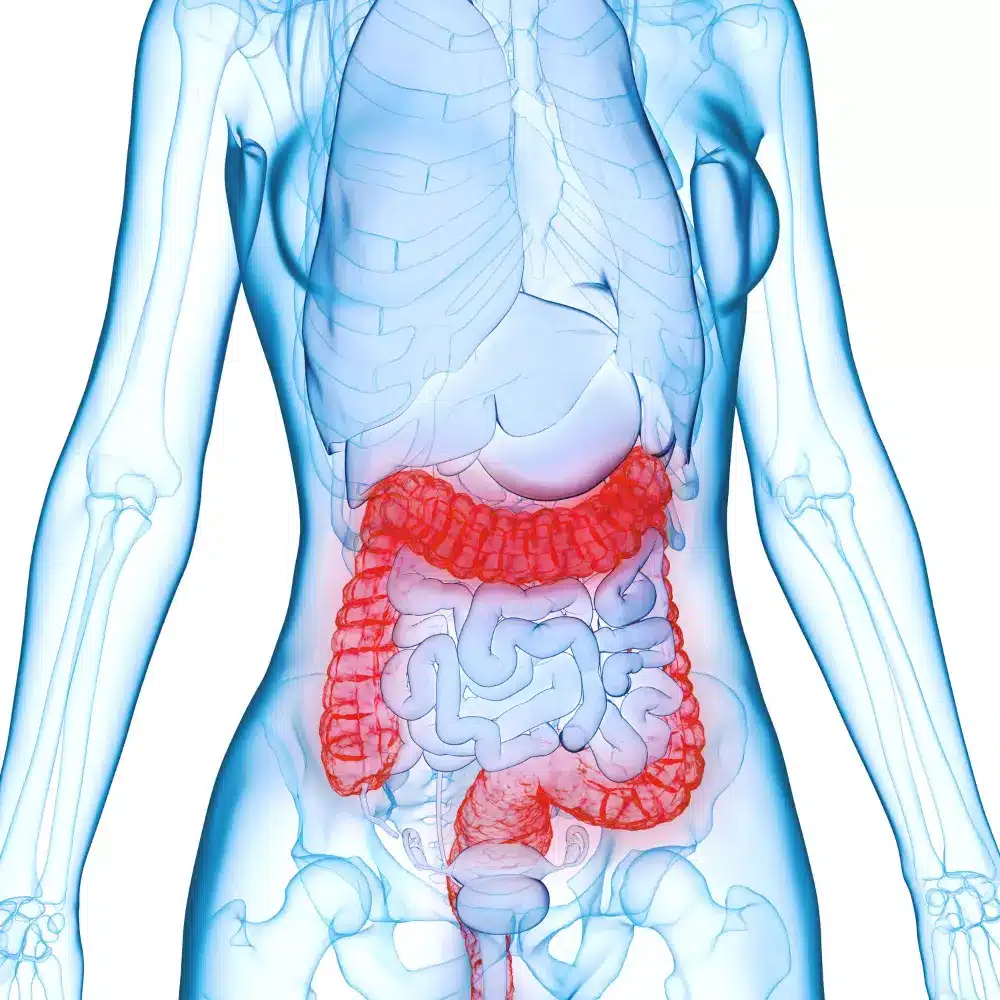If you’re seeking expert gastrointestinal (GI) care in Suwanee, GA, understanding the distinction between Crohn’s disease and ulcerative colitis is essential. These two conditions, collectively known as inflammatory bowel diseases (IBD), share some similarities but also have distinct characteristics that require specific management approaches. In this blog, we’ll explore the differences between Crohn’s disease and ulcerative colitis, providing valuable insights into their symptoms, diagnosis, and treatment options. Whether you’re newly diagnosed or seeking to expand your knowledge, Merus Gastroenterology is here to guide you through your GI health journey.
Crohn’s Disease: Understanding the Basics
Crohn’s disease is a chronic inflammatory condition that can affect any part of the gastrointestinal tract, from the mouth to the anus. It is characterized by inflammation that extends deep into the lining of the affected areas, leading to a range of symptoms such as abdominal pain, diarrhea, fatigue, and weight loss. Crohn’s disease is known for its tendency to cause “patchy” inflammation, meaning it can affect segments of the digestive tract while leaving other areas unaffected.
Symptoms of Crohn’s Disease:
- Persistent diarrhea
- Abdominal pain and cramping
- Rectal bleeding
- Fatigue
- Fever
- Loss of appetite
- Weight loss
Ulcerative Colitis: Understanding the Basics
Ulcerative colitis is also a chronic inflammatory condition, but it specifically affects the colon and rectum. Unlike Crohn’s disease, which can affect any part of the GI tract, ulcerative colitis is limited to the colon and rectum. The inflammation in ulcerative colitis typically starts in the rectum and spreads continuously along the colon in a uniform manner. Symptoms of ulcerative colitis may vary depending on the severity of inflammation and can range from mild to severe.
Symptoms of Ulcerative Colitis:
- Bloody diarrhea
- Abdominal pain and cramping
- Rectal bleeding
- Urgency to have a bowel movement
- Tenesmus (feeling of incomplete bowel evacuation)
- Fatigue
- Weight loss
Key Differences Between Crohn’s Disease and Ulcerative Colitis
- Location of Inflammation:
- Crohn’s disease can affect any part of the GI tract, while ulcerative colitis is limited to the colon and rectum.
- Pattern of Inflammation:
- Crohn’s disease causes “patchy” inflammation with healthy areas between affected segments, whereas ulcerative colitis causes continuous inflammation along the colon.
- Depth of Inflammation:
- In Crohn’s disease, inflammation can extend deep into the layers of the intestinal wall, while ulcerative colitis primarily affects the innermost lining of the colon.
- Complications:
- Crohn’s disease is associated with a higher risk of complications such as strictures, fistulas, and abscesses, while ulcerative colitis is more likely to lead to complications such as toxic megacolon and colorectal cancer.
Seeking Expert GI Care in Suwanee, GA
At Merus Gastroenterology, we specialize in the diagnosis and management of Crohn’s disease, ulcerative colitis, and other gastrointestinal conditions. Our team of experienced GI doctors in Suwanee, GA, is dedicated to providing personalized and compassionate care to our patients. Whether you’re experiencing symptoms of IBD or need ongoing management for your condition, we’re here to support you every step of the way.
If you need expert GI care in Suwanee, GA, don’t hesitate to contact Merus Gastroenterology today. Our team is committed to helping you achieve optimal GI health and quality of life. Schedule your appointment with us and take the first step towards effective management of your gastrointestinal condition.









